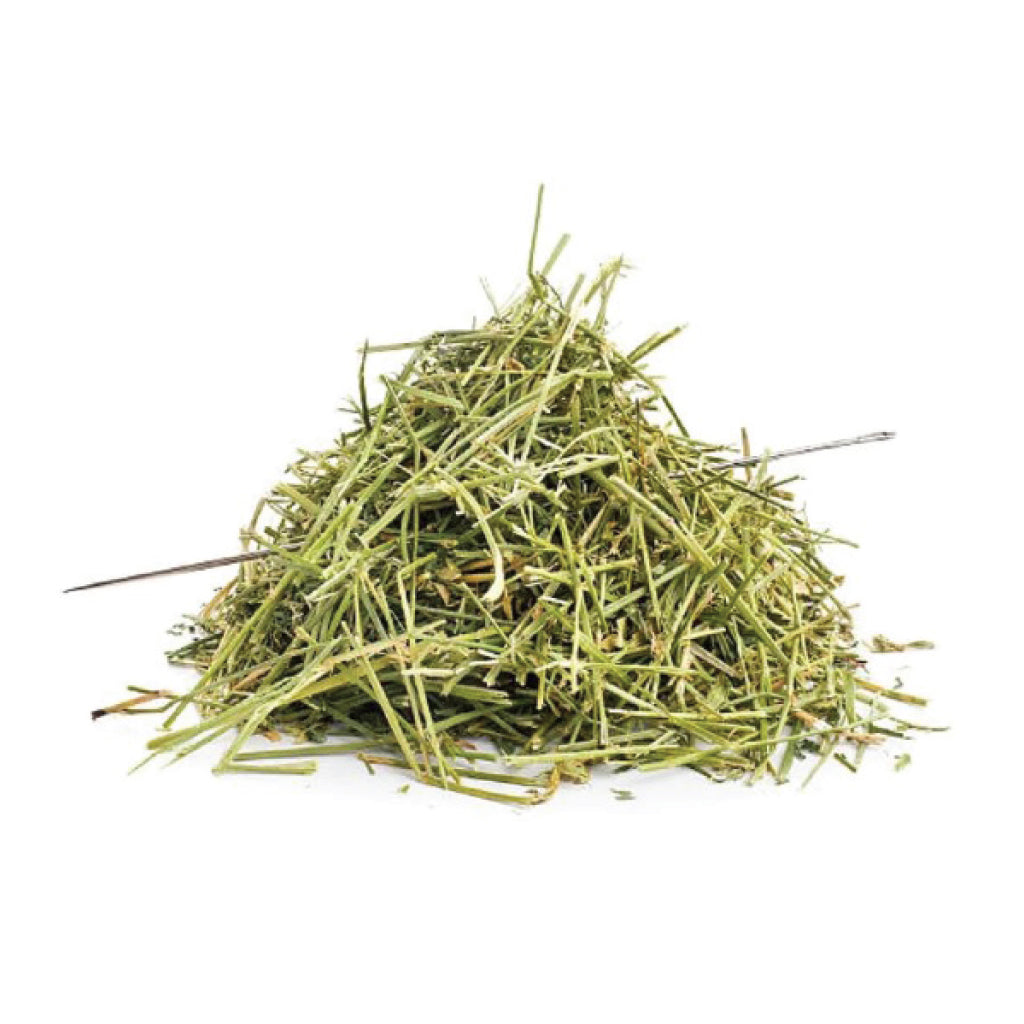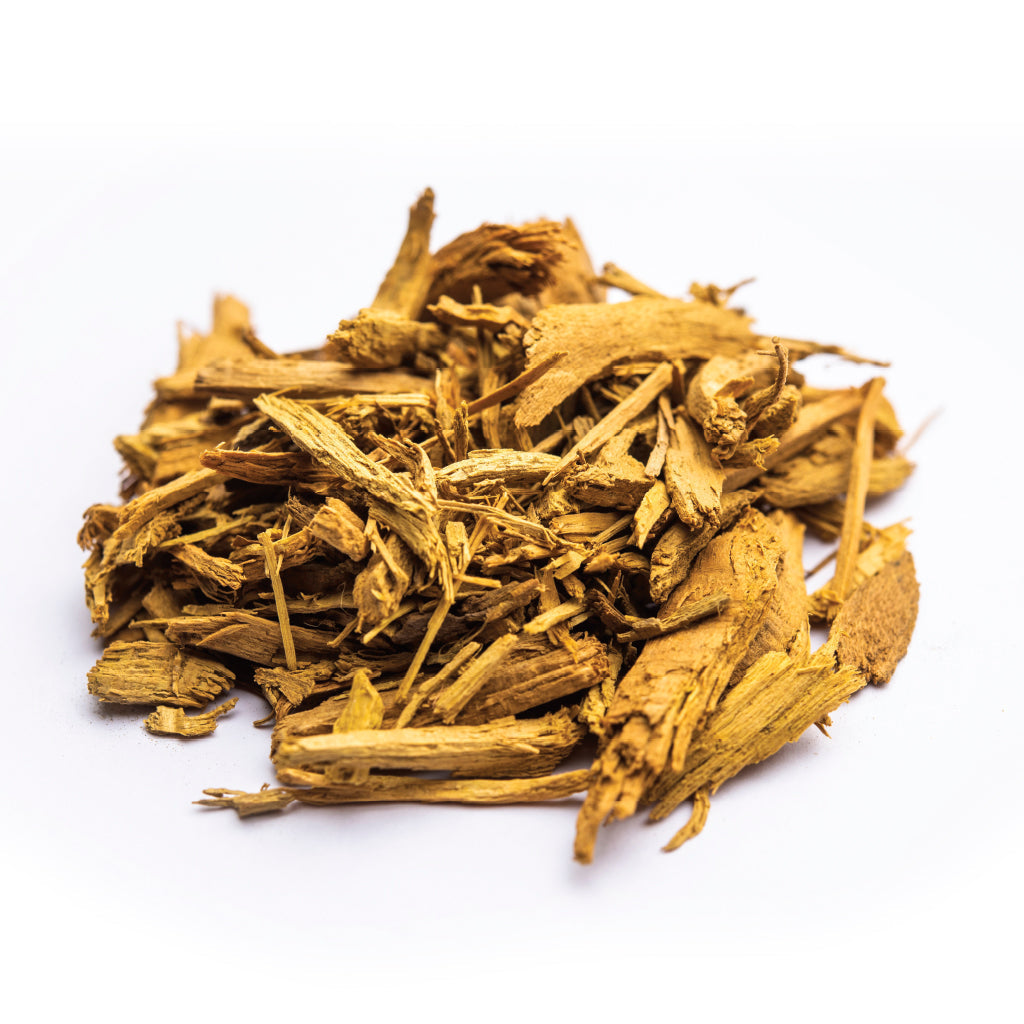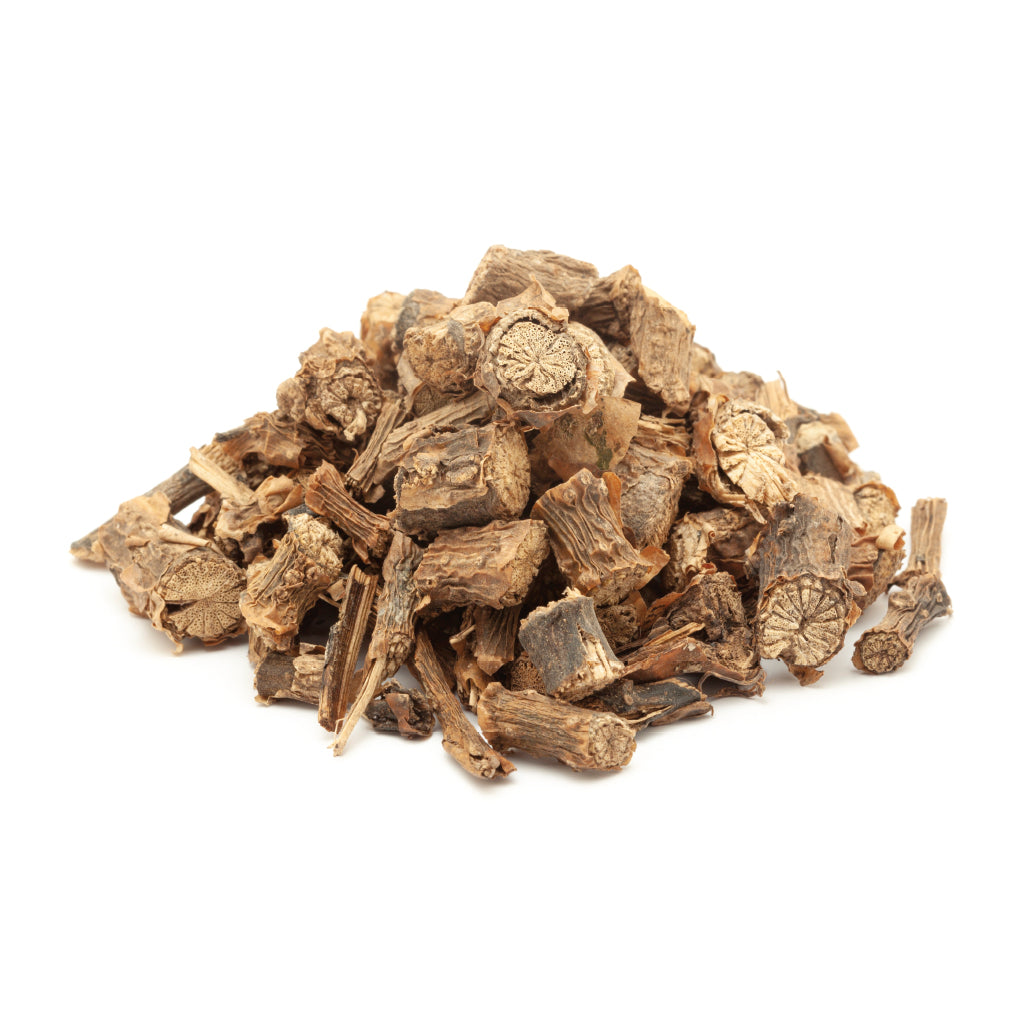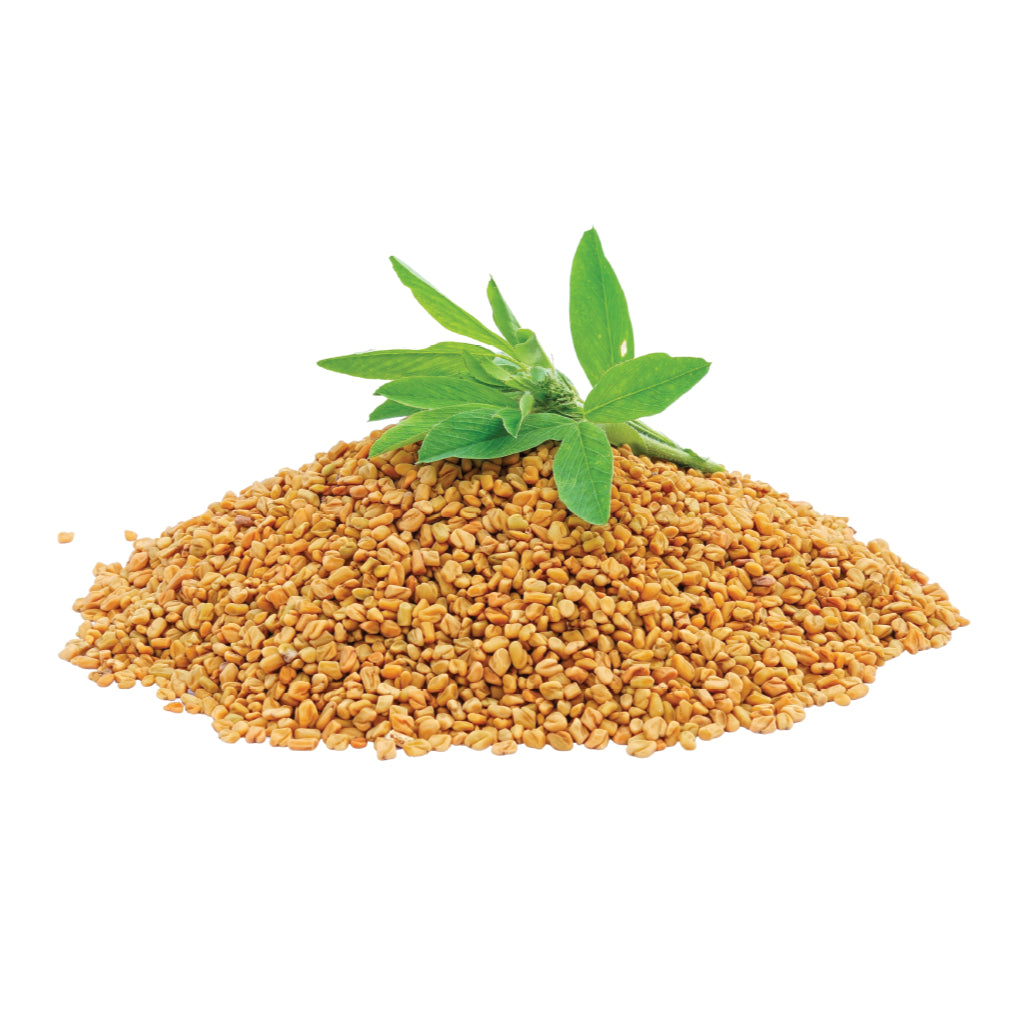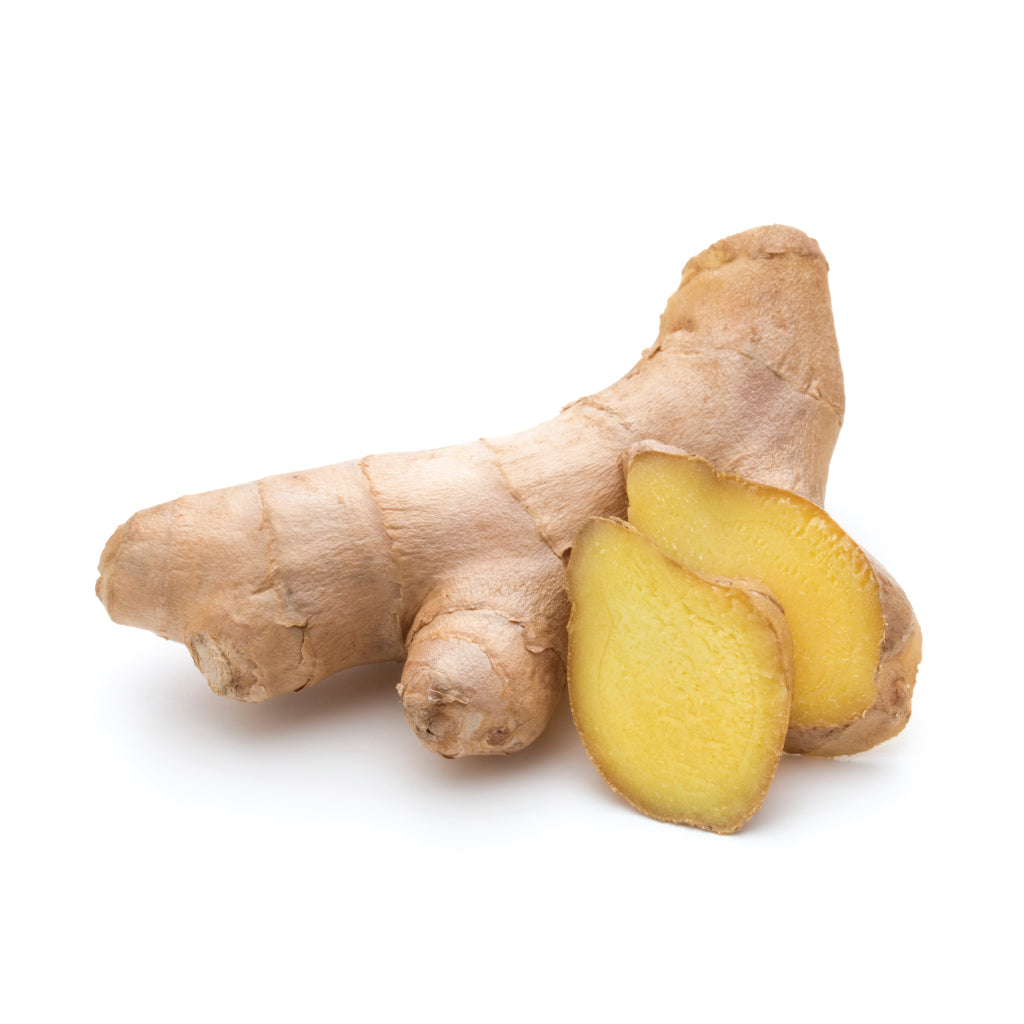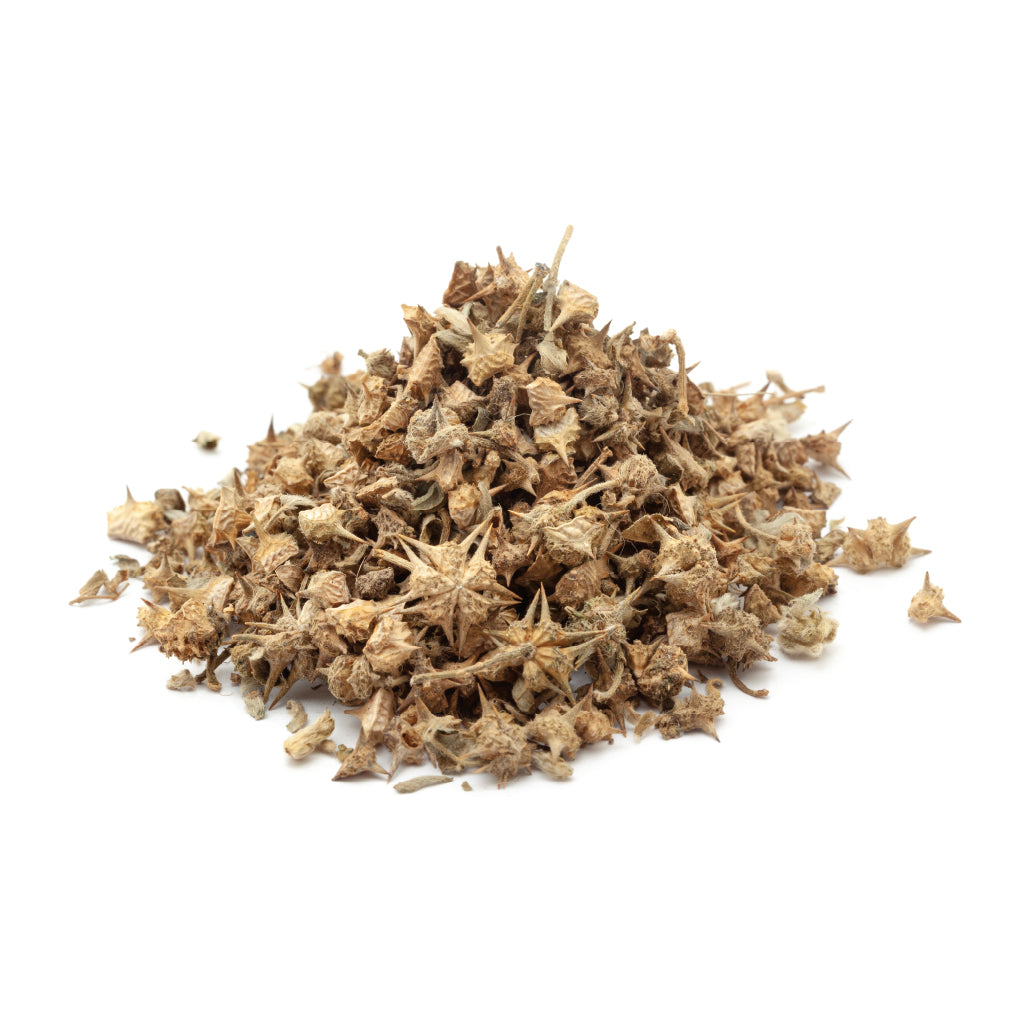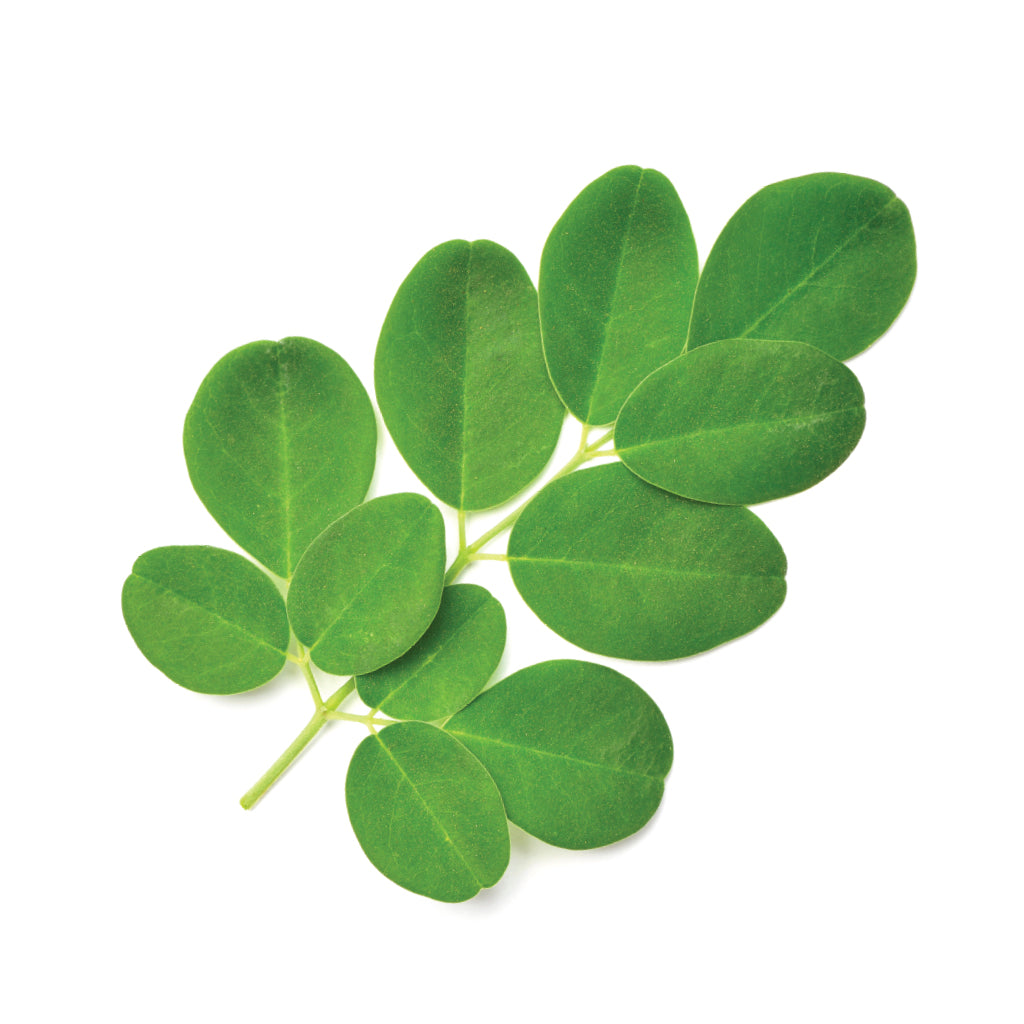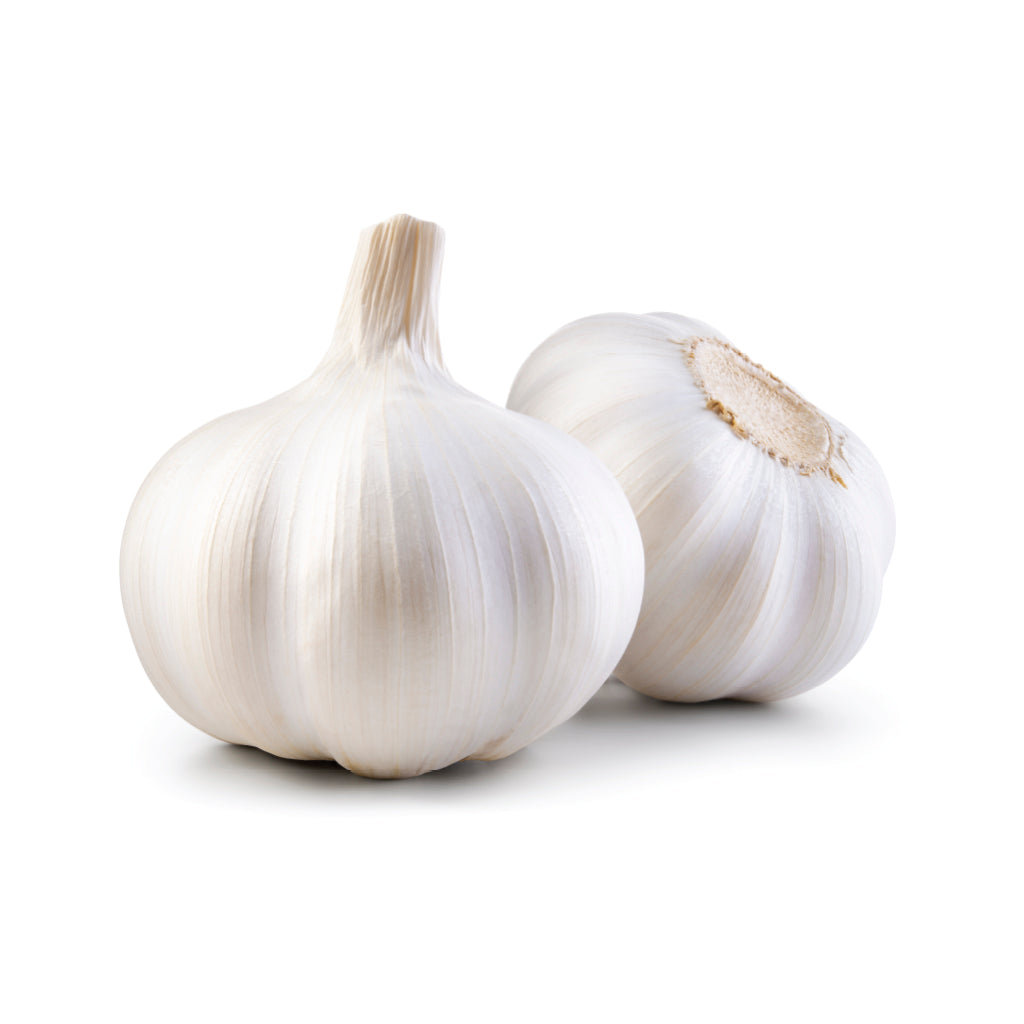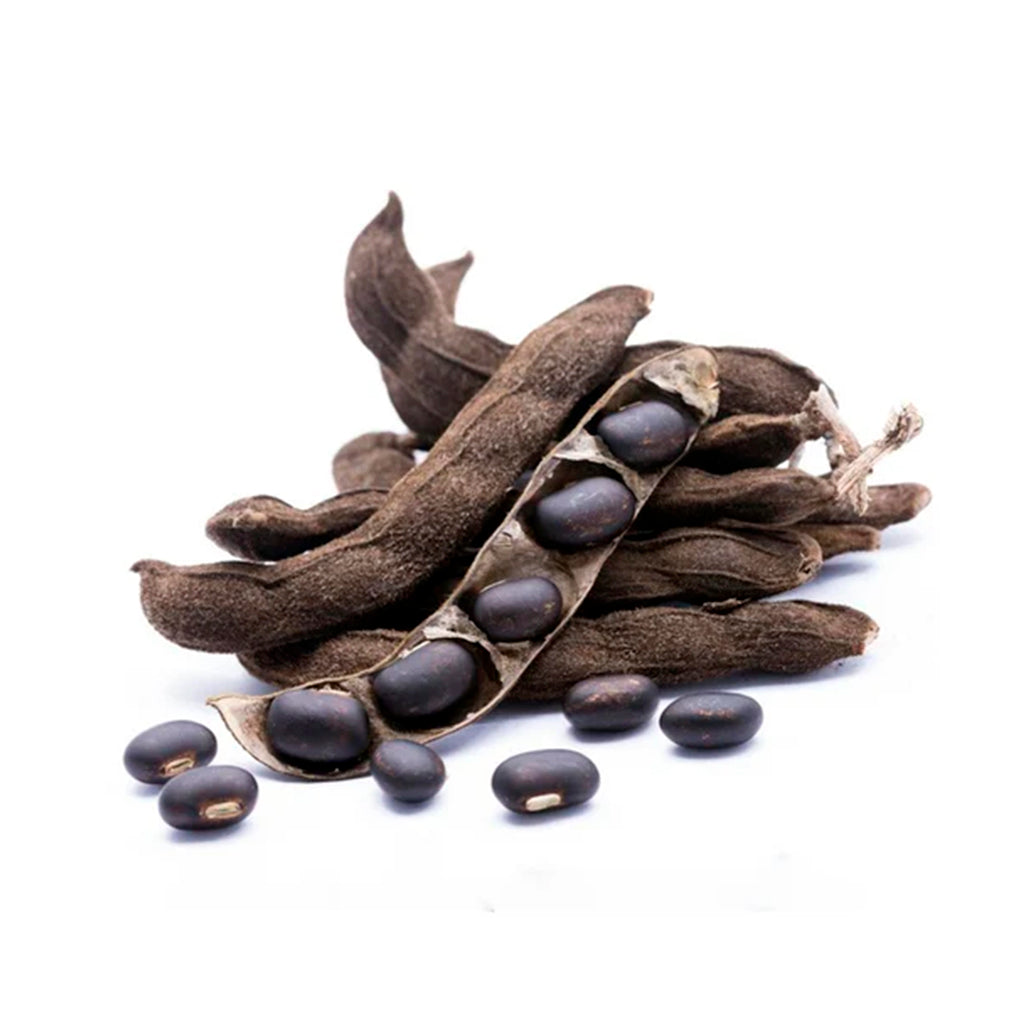
Mucunapruriens (Kauch Beej): A Natural Aphrodisiac and Neurological Tonic in Herbal Medicine
Botanical Name: Mucunapruriens (L.) DC.
Common Names: Kauch Beej, Cowhage, Velvet Bean, Atmagupta
Family: Fabaceae
Parts Used: Seeds, pods, roots
Available Forms: Seed powder, capsules, tablets, extract, decoction
🌱Introduction
Kauch Beej, or Mucunapruriens, is a powerful herbal aphrodisiac and neurological tonic used in Ayurvedic and Unani medicine for centuries. Known as Kapikacchu in Ayurveda, it is particularly celebrated for enhancing reproductive health, vitality, and nervous system function.
This tropical legume is best known for containing L-DOPA, a direct precursor to dopamine, which is vital for brain health, mood, libido, and motor function.
✅Top Health Benefits of Mucunapruriens (Kauch Beej)
1. 🧠 Boosts Brain Function & Mood
· Rich in L-DOPA, which converts into dopamine in the brain.
· Helps manage Parkinson’s disease, anxiety, depression, and stress.
· Enhances memory, focus, and mental alertness.
🔬Study: A clinical study published in Phytotherapy Research (2010) showed that Mucunapruriens significantly improved motor symptoms in Parkinson’s patients.
2. 🍃Enhances Male Fertility and Libido
· Increases sperm count, motility, and testosterone levels.
· Acts as a potent aphrodisiac and nervine tonic.
· Treats oligospermia, erectile dysfunction, and low libido.
3. 💪Improves Strength, Stamina & Vitality
· Boosts natural androgenic activity.
· Supports muscle growth, endurance, and physical strength.
· Often included in herbal energizers and VajikaranaRasayanas.
4. 🔥Supports Sexual Health in Women
· Helps regulate hormones, menstrual cycle, and sexual desire.
· Alleviates stress-induced hormonal imbalance.
5. 💊Manages Nervous and Muscular Disorders
· Useful in Parkinsonism, tremors, nervous debility, and weakness.
· Promotes coordination and motor response by supporting dopamine levels.
⚗️Key Phytochemicals in Kauch Beej
· L-DOPA (Levodopa): Neurological precursor to dopamine
· Alkaloids:Mucunadine, Mucunine, Prurienine
· Flavonoids & Phenolic compounds
· Saponins, Tannins
· Proteins and minerals (iron, magnesium)
📚Traditional Uses in Herbal Medicine
📌Ayurveda:
· Called Kapikacchu; used in aphrodisiac therapy
· Balances Vata and Pitta doshas
· Indicated in impotency, low semen, epilepsy and paralysis.
📌Unani Medicine:
· Known as Kauch Beej
· Acts as aphrodisiac and nervine tonic
· Used forweakness in sexual performance, low libido, erectile dysfunction, or premature ejaculation,paralysis and sciatica
📜Scientific References
1. Manyam, B. V. (1995).Mucunapruriens in Parkinson’s disease: A double-blind clinical and pharmacological study. Journal of Neurology.
2. Shukla, K. K. et al. (2010). Role of Mucunapruriens in male infertility. Fertility and Sterility, 94(3), 1317–1319.
3. Dhingra, D. et al. (2012). Antidepressant-like activity of Mucunapruriens in mice. Indian Journal of Pharmacology, 44(6), 752–757.
4. NCBI – PubMed:https://pubmed.ncbi.nlm.nih.gov
⚠️Precautions & Side Effects
· Safe in therapeutic doses, but excessive use may cause:
o Nausea, vomiting
o Headache
o Increased heart rate in sensitive individuals
· Should be avoided during pregnancy and lactation unless advised
· Parkinson’s patients must consult a doctor before combining with allopathic Levodopa
🧴 How to Use Kauch Beej
|
Form |
Dosage & Usage |
|
Seed Powder |
3–6 grams twice daily with milk or warm water |
|
Capsules/Tablets |
250–500 mg 1–2 times daily after meals |
|
Churna Formulations |
Found in VajikaranaRasayanas and nervine tonics |
|
With Milk/Ghee |
Often mixed with ghee, honey, or ashwagandha for potency |
📝Conclusion
Kauch Beej (Mucunapruriens) is a time-tested, potent herb for enhancing fertility, sexual vitality, mental strength, and neuromuscular balance. Modern science and traditional wisdom agree — this natural wonder offers a powerful, safe alternative to synthetic treatments for both reproductive and neurological wellness.
Whether you're looking to boost libido, improve fertility, or support brain health, Kauch Beej is your herbal ally — grounded in tradition and backed by science.
